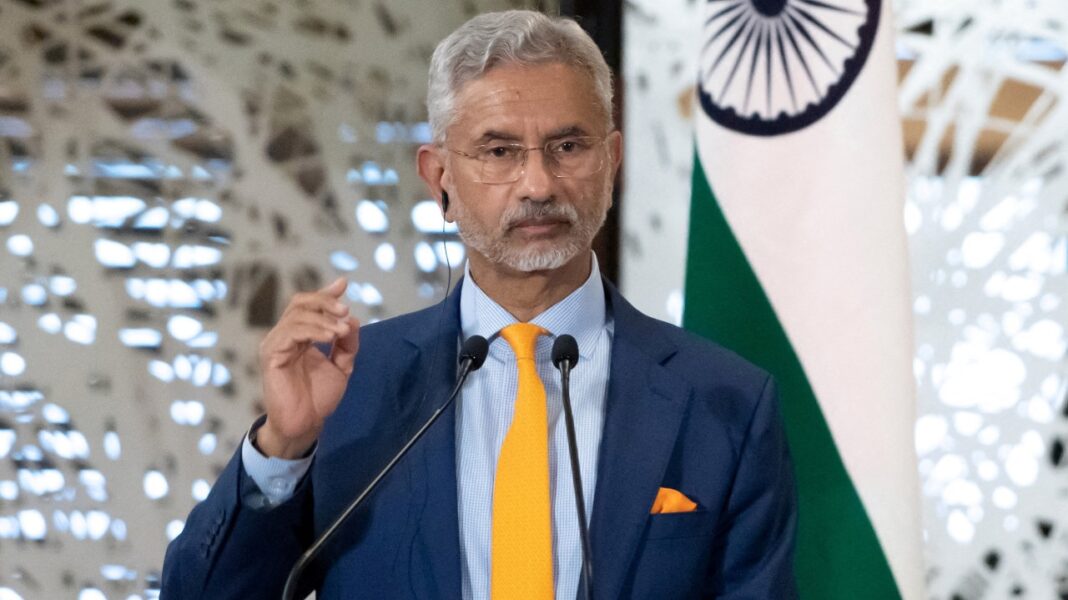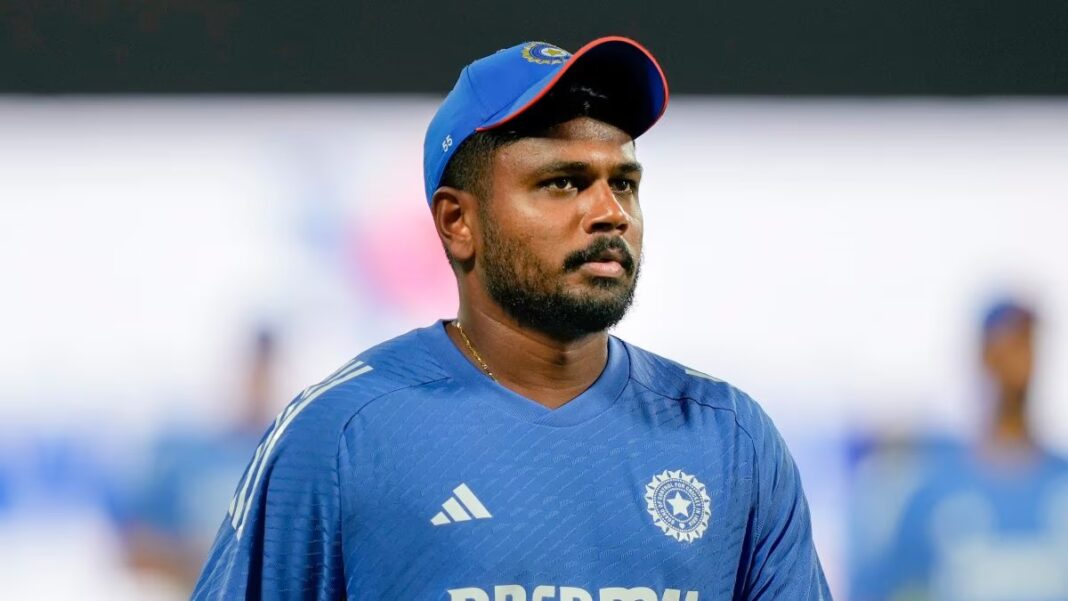SCO Summit 2025: What Happened?
India’s Defence Minister Rajnath Singh attended the Shanghai Cooperation Organisation (SCO) summit held in China. However, he refused to sign the Joint Statement at the end of the meeting.
Why Did India Refuse?
According to reports, India wanted the issue of cross-border terrorism to be included in the final statement. But this demand was not accepted, which upset India.
Rajnath Singh also did not meet Pakistan’s Defence Minister, Khawaja Asif, during the summit — another clear signal of India’s displeasure. Khawaja Asif was seen waiting in the meeting hall, but there was no meeting between the two ministers.
Rajnath Singh’s Strong Message on Terrorism
While speaking at the summit, Rajnath Singh gave a strong statement targeting Pakistan (without naming it). He said:
“Those who are guilty of terrorism, who fund or support terrorists, should be held accountable. There should be no double standards when fighting terrorism.”
He added that some countries are using terrorism as a policy tool by supporting cross-border terrorism and giving shelter to terrorists.
India Mentions Pahalgam Terror Attack
Rajnath Singh also spoke about the recent terrorist attack in Pahalgam, India. He said:
“The Pahalgam terror attack was similar to previous attacks by Lashkar-e-Taiba. India will never tolerate terrorism. There is no place for double standards when dealing with it. SCO should not hesitate to criticize countries that use double standards in the fight against terrorism.”
Operation Sindoor: India’s Response
India took revenge for the Pahalgam attack through Operation Sindoor. This increased tension between India and Pakistan.
In simple words:
India was angry because the SCO statement did not include terrorism as an important issue. As a result, India didn’t sign the joint declaration. Rajnath Singh strongly criticized Pakistan, refused to meet its Defence Minister, and said that SCO must not stay silent on countries supporting terrorism.





